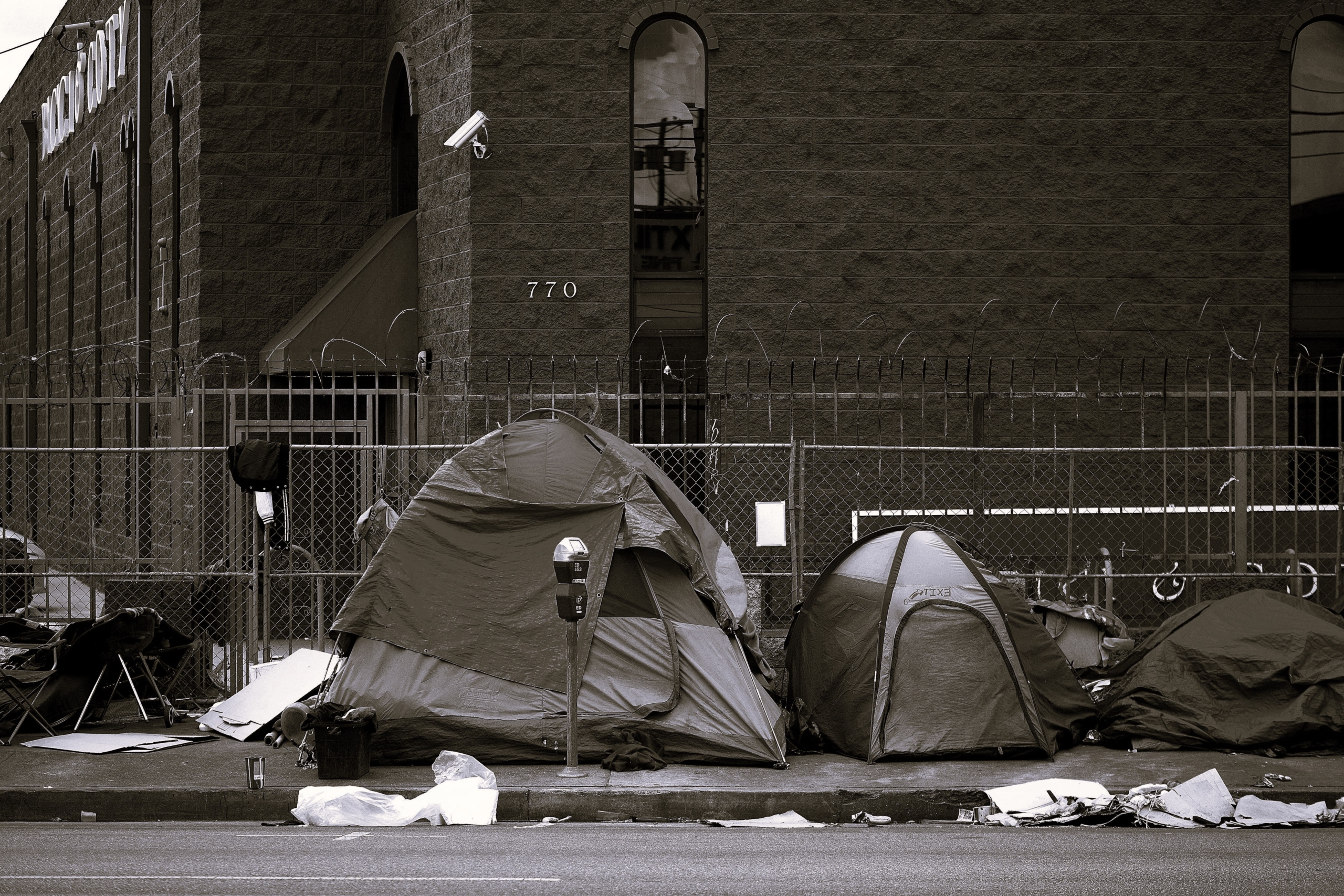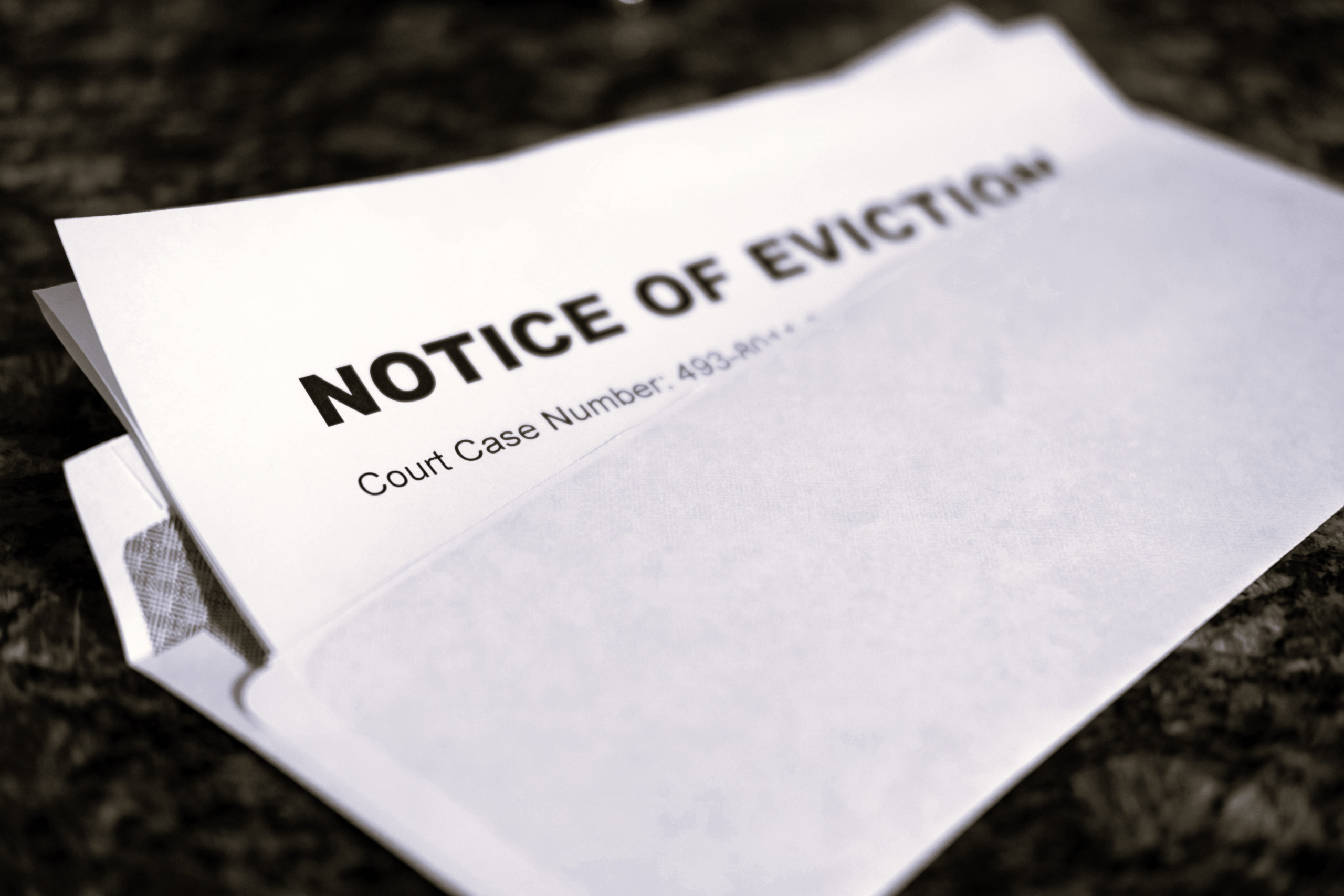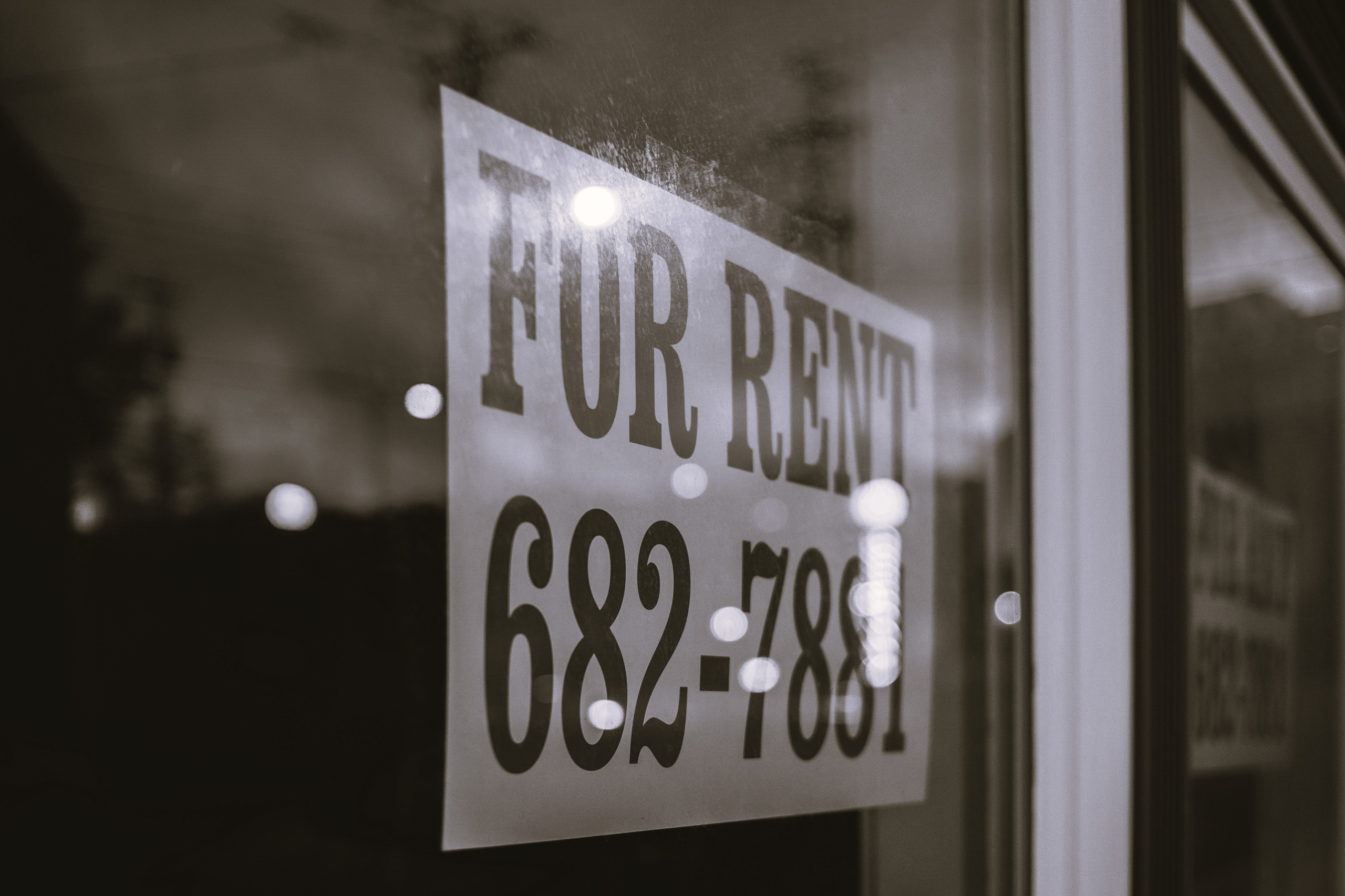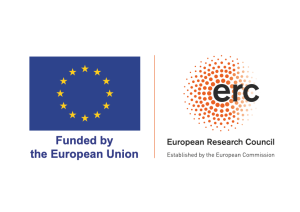Summary Report on the EVICT Seminar on Housing and Health
May 19th, 2022
The EVICT-project hosted a seminar on housing and health. The seminar was a collaboration between the housing law and health law experts of the University of Groningen. Recognizing the interdependence and interrelatedness of human rights, the seminar set out to observe the symbiotic relationship between the right to housing and the right to health. In doing so, the seminar followed the structure of first delineating the areas of influence of the respective rights. Second, the overlap between the rights was explored in the context of the right to energy, with a view to finding out which right would offer a broader scope of protection in the face of judicial proceedings.
On the right to health – Prof. Dr. Brigit Toebes
In her presentation, Prof. Dr. Brigit Toebes (Professor of Health Law in a Global Context) talked about the multi-faceted nature of the right to health.
Contrary to the presumption of only being concerned with the regulation of healthcare, the scope of the right extends to preventative action to combat future health issues.
An important aspect in this regard is ensuring a healthy living environment – something that links the right to health to the right to housing.
The realization of the dimensions of the right to health takes place on various levels. The core legal obligations arise from the international level and namely, article 12 of the International Covenant on Economic, Social and Cultural Rights (ICESCR), under which contracting states are to ensure the progressive realization of the right. The implementation of the right on a national level may take the form of constitutional rights, policies and case law.
As for jurisprudence, Professor Toebes identifies the case law of the Constitutional Court of South Africa as an example of how the judiciary has interpreted the constitutional right to health as including essential medicine, such as nevirapine, which prevents a transmission of HIV between a mother and a child. In implementing national policies, the AAAQ (availability, accessibility, acceptability, quality) framework has proved useful for analyzing the impacts on the right to health.
Professor Toebes remarks that due to these different levels of application, the debate on the practical relevance of the right to health has evolved from only revolving around justiciability, to include general accountability. Accountability demands that the responsibility to realize the right should be spread out across the judicial, quasi-judicial, political and social levels. Inescapably, states remain obligated under the ICESCR to respect, protect and fulfill the right and comply with minimum core obligations arising from the right, such as non-discrimination, careful consideration of retrogressive steps, and ensuring the minimum essential levels of each of the rights, including essential primary healthcare.
Discussant Dr. Tokuko Munesue
The presentation of Professor Toebes was followed by remarks from the discussant, Dr. Tokuko Munesue, who specializes in social security law in Japan. She reflected on the Japanese housing policy and, more specifically, the social housing of the elderly and those with disabilities. She made references to the constitutional right to maintain a standard of living that allows for wholesome and cultured living, which obligates the state to promote social welfare and public health. The public housing system is based on the constitution but suffers from short supply. Meanwhile, the system governing private housing is unfavorable for low-income residents. The Japanese housing market functions under a unique guarantor system, which makes it difficult for the elderly and immigrants to find accommodation. Furthermore, the housing and health needs of the elderly are not met as they struggle to find much-needed care, because of lengthy queues to access nursing homes. Dr. Munesue’s example underlines the adverse effects that a housing policy may have on health.
On the right to housing – Prof. Dr. Michel Vols
In his presentation, Prof. Dr. Michel Vols (Professor of Public Order Law) undertook to deconstruct the right to housing into several rights to housing.
In a similar vein to the right to health, there are multiple dimensions that need to be taken into consideration in order to realize the right, and many of these relate to the health of the tenant.
With regard to each dimension, the state is required to respect, protect and fulfill the right. Professor Vols highlighted that the wording may bring about different obligations, which implies that the rights to housing involve both first and second-generation rights.
It can be argued that there are three rights to housing: the rights to access, the rights while in housing and the rights when exiting housing.
In the context of the right to health, the rights to access may refer to a disabled person being entitled to an accessible home. The rights while in housing may refer to a person’s right to habitable accommodation, which is important from the perspective of the right to health. For example, the European Court of Human Rights (ECtHR) ruled in the Lopez case that the right to respect for one’s home under article 8 ECHR includes the right to be free of environmental hazard or nuisance, which is bound to affect a person’s health negatively. Moreover, rights while in housing also protect the mental health of the tenant by way of tenure security. Finally, there are the rights when exiting one’s home, like the right to not be evicted by the government without appropriate safeguards. Professor Vols gave the example of the Rotterdam Act, which concerns redevelopment evictions and prevents individuals with lower incomes from moving into certain neighborhoods.
Evictions inevitably impact a person’s physical and mental health.
According to Professor Vols, health plays an important yet understudied role when it comes to realizing the rights to housing.
Discussant Prof. Dr. Paul van Sasse van IJsselt
Professor Vols’s presentation was followed by remarks by the discussant, Prof. Dr. Paul van Sasse van IJsselt, who is also a legal advisor on fundamental rights to the Department of Constitutional Affairs and Legislation of the Ministry of Interior of the Netherlands. Professor van Sasse van IJsselt reflected on the housing situation in the Netherlands and more specifically, the Rotterdam Act and article 22 of the Constitution. Article 22(2) obligates the State to provide sufficient living accommodation. The traditional framing of the socioeconomic differs from the international “rights” to housing. However, because the Netherlands has banned judicial review, measures by authorities or more specifically formal legislation or the constitution, cannot be reviewed by a judge. Professor van Sasse van IJsselt wonders to what extent article 22(2) would allow legislative review by a judge to potentially deconstruct the right to housing into the different rights to housing as mentioned by Professor Vols (should the ban on judicial review be lifted). Finally, he noted that the legislator and the policy maker should be more attentive to the accumulation of dimensions present in both rights, which congregate in concrete cases. Professor Vols does not see this change likely but agrees that the current framing of the right limits its application in eviction proceedings, to which one solution could be to ratify the optional protocol to the ICESCR.
On energy poverty – Marlies Hesselman, LLM
The seminar was brought to a close by Marlies Hesselman’s (LLM) interdisciplinary presentation. Ms. Hesselman is a Lecturer and a PhD student, researching international human rights law and, more specifically, energy poverty. In her presentation, she explored both the right to health and the right to housing from the perspective of energy poverty. Energy poverty refers to people lacking access to modern, reliable energy services in their homes. In practice, it could materialize in a situation whereby a person cannot afford to adequately heat their home, which in turn, may result in health issues. Ms. Hesselman undertook to answer the question if the right to health and the right to housing are fully overlapping or if they each play their own role when it comes to seeking redress for energy poverty.
With regard to the right to adequate housing, access to basic amenities, including energy services, is required to ensure a functioning house. Some basic functions such as safe cooking and having sufficient lighting may require electricity. Moreover, for a house to be habitable, there must be possibilities to cool down or heat up an apartment if required. Someone suffering from energy poverty might not afford to regulate the temperature of their apartment, leading to issues with their living conditions.
Under the right to health, a person has the right to a safe and a healthy home. Energy poverty directly impacts a person’s health as using some health supplies necessitates electricity, such as an electric wheelchair or an inhaler. Moreover, not having adequate lighting may increase the risk of accidents and not being able to administer medicine properly.
More indirectly, energy poverty may translate into issues with one’s environmental health, which is necessarily related to one’s home.
Inadequate heating may cause mold infestations, leading to health problems. Not having access to modern energy services at all may lead to a person using dangerous fuels in their home, negatively impacting especially women, who spend more time cooking in some cultures.
According to United Nations (UN) Communications of UN Special Procedures, disconnections of energy access should be prohibited when it leads to a violation of human rights. Thus, seeking redress to energy poverty is possible by invoking the right to health or the right to housing.
The right to health was used to seek redress to energy poverty in the ESCR case Médecins du Monde v France. In the case, the Committee found that the state had failed to provide access to electricity to Roma people staying in informal settlements. Both the right to housing and the right to health were invoked, but the latter generated a stronger response. The dangerous living conditions were found to have contributed to numerous domestic accidents.
The right to housing was invoked with regard to energy poverty in the European Social Committee case FIDH v Ireland, whereby the parties were staying in social housing and issued a complaint of its state. The Committee found that the state had failed to take sufficient and timely measures to address the substandard conditions of living. Persistent mold and dampness in particular were found to raise serious concerns of the habitability and access of services of the house concerned. Lastly, the Committee noted that the status of social housing, could as such, be a discriminatory ground. The right to health was invoked as well, but it was not taken into consideration, because the applicants had neither substantiated how their health was adversely affected by living in the house, nor argued what the authorities could have done better to protect their health.
Ms. Hesselman concludes by stating that the right to health and housing protect different aspects when it comes to alleviating energy poverty.
While the right to housing is focused on ensuring the functioning of a house through having continuous access to energy, the scope of the right to health extends this protection by recognizing that different health conditions – including both mental and physical health – have different housing needs.
The interrelatedness of the two rights is evident.
Discussant Emma Sweeney, LLM
The presentation was followed by comments from the discussant Emma Sweeney, who is a PhD student for the EVICT Project, researching the network of housing rights and focusing on, inter alia, travelers and Roma people. Ms. Sweeney and Ms. Hesselman reflected on the recent ECtHR judgment, joined cases Faulkner v Ireland and McDonagh v Ireland. Faulkner and McDonagh invoked article 8 ECHR – the right to respect of a person’s private and family life, home and correspondence. In the case, two traveler families were evicted and offered alternative housing in the form of a hotel room. The case touched upon the right to housing, the right to health, and energy poverty as the applicants sought redress for the mental health problems that followed their eviction and argued that the alternative housing provided was inadequate and lacked proper cooking facilities. However, the ECtHR was reluctant to take mental health impacts into account to which Ms. Hesselman noted that the protection afforded by article 8 for a dignified life, is limited in its application when it comes to energy poverty. Previously, the article has been successfully invoked when the case concerned access to water facilities and the impact on physical health, but with a high threshold of application.
Finally, Ms. Sweeney raised the question of whether courts are necessary to tackle energy poverty, to which Ms. Hesselman commented that although civic engagement is an important driving force, human rights being legal standards, although not entirely judicial, they should be invoked to be able to develop such precedents.
Conclusion
The seminar established that there are several dimensions to socio-economic rights, which engage states though positive and negative obligations. The progressive realization as required by the rights to housing and to health is complemented with the obligations to respect, protect and fulfill. The accumulation of the dimensions and congregation of the two rights should be envisaged by legislators and policymakers alike and the realisation of socio-economic rights should be understood as a whole, instead of only focusing on the justiciability debate.
The realization of socio-economic rights should be understood as a whole, instead of only focusing on the justiciability debate.
The discussion on energy poverty brought the seminar to a close by comparing how each of the two rights complements the other. To conclude with a quotation by Marlies Hesselman: “The quality of one’s life is dependent on one’s health and home.“ From the seminar, it is clear that there is an understudied overlap between the right to housing and the right to health.





